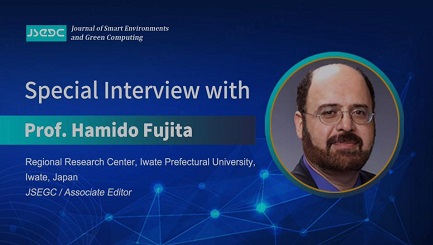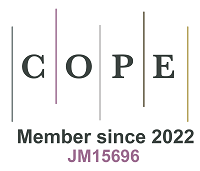Machine Learning perspectives
Training in Machine Learning is a crucial aspect that affects the credibility of the system in terms of performance and is employed for robust applications such as in healthcare systems. Machines or algorithms, in wide challengeable applications in security or vision or health care early predictions, learn from data. Nevertheless, in most cases, the extensive and unbalanced data and noise make it unreliable in prediction accuracy. Supervised machine learning is and was one of the aspects of providing artificial intelligence-based solutions. However, this is and was limited due to the difficulty of labeling big data and many crucial problems in weak relations and noise in data. Semi-supervised learning, for example, Multiview learning, could assist in solving these problems. In many published research, there are still problems in providing machine learning models that are unbiased and efficient in terms of robustness and resilience in data-driven systems. Multiclass classification still has problems in terms of clear definition in class classification, bias, imbalance and weak relations, making machine learning for multiclass classification insecure for classification or regression analytics. This causes limitations in applying such technology in medical applications and diagnosis prediction. In my lab research group, we have tackled these problems in a one-class classification project. These are related to providing more robust accuracy prediction with some uncertainty that can help us have more accurate classification and prediction. We have applied such findings in health care for heart sickness and seizure early prediction like in https://doi.org/10.1016/j.cmpb.2022.107277 and https://doi.org/10.1016/j.cmpb.2021.106149.
We also have deep learning models, which also have challenges related to evidential deep learning and fairness relative to data. There are important issues in expanding research in evidential deep learning, in which uncertainty prediction of variational Auto encoders can provide decisions on evidential distribution, which in turn helps to provide a measure of uncertainty in decision.
We currently have a research project titled “Healthcare Risk Prediction on Data Streams Employing Cross Ensemble Deep Learning”, which is supported by Japan Science Promotion Society (JSPS). In this project, we have employed one-class classification deep neural network for health care prediction. For more references on such outcomes, please visit the web of science: https://www.webofscience.com/wos/author/record/D-6249-2012.
DECLARATIONS
Authors’ contributionsThe author contributed solely to the article.
Availability of data and materialsNot applicable.
Financial support and sponsorshipNone.
Conflicts of interestNot applicable.
Ethical approval and consent to participateNot applicable.
Consent for publicationNot applicable.
Copyright© The Author(s) 2023.
Cite This Article
Export citation file: BibTeX | RIS
OAE Style
Fujita H. Machine Learning perspectives. J Smart Environ Green Comput 2023;3:1-2. http://dx.doi.org/10.20517/jsegc.2023.01
AMA Style
Fujita H. Machine Learning perspectives. Journal of Smart Environments and Green Computing. 2023; 3(1): 1-2. http://dx.doi.org/10.20517/jsegc.2023.01
Chicago/Turabian Style
Fujita, Hamido. 2023. "Machine Learning perspectives" Journal of Smart Environments and Green Computing. 3, no.1: 1-2. http://dx.doi.org/10.20517/jsegc.2023.01
ACS Style
Fujita, H. Machine Learning perspectives. . J. Smart. Environ. Green. Comput. 2023, 3, 1-2. http://dx.doi.org/10.20517/jsegc.2023.01
About This Article
Copyright
Data & Comments
Data

 Cite This Article 11 clicks
Cite This Article 11 clicks













Comments
Comments must be written in English. Spam, offensive content, impersonation, and private information will not be permitted. If any comment is reported and identified as inappropriate content by OAE staff, the comment will be removed without notice. If you have any queries or need any help, please contact us at support@oaepublish.com.